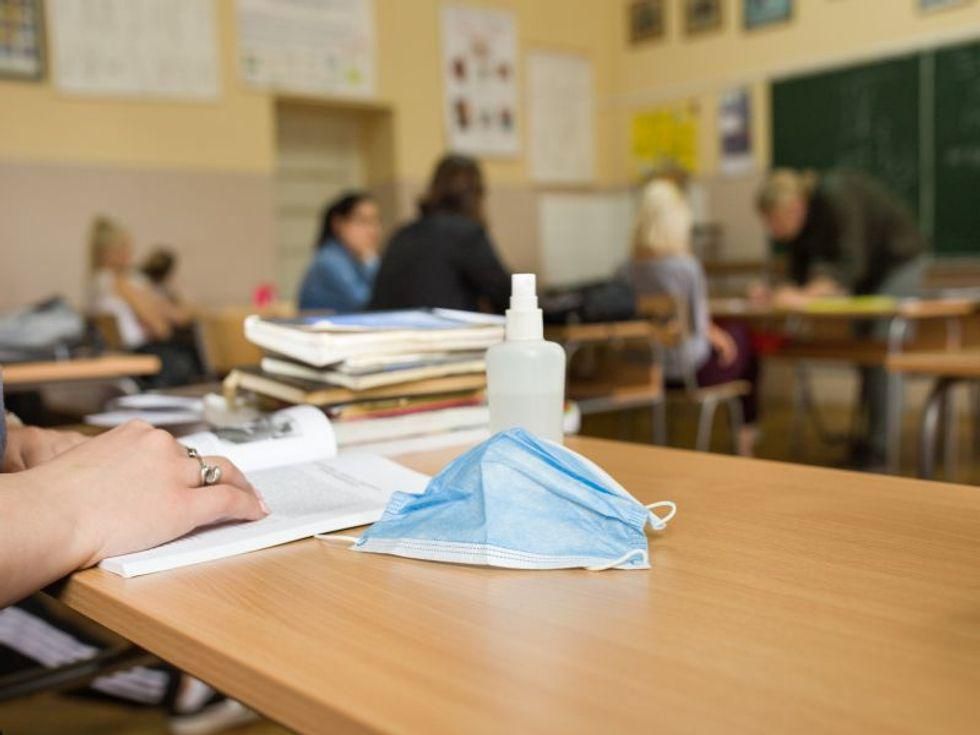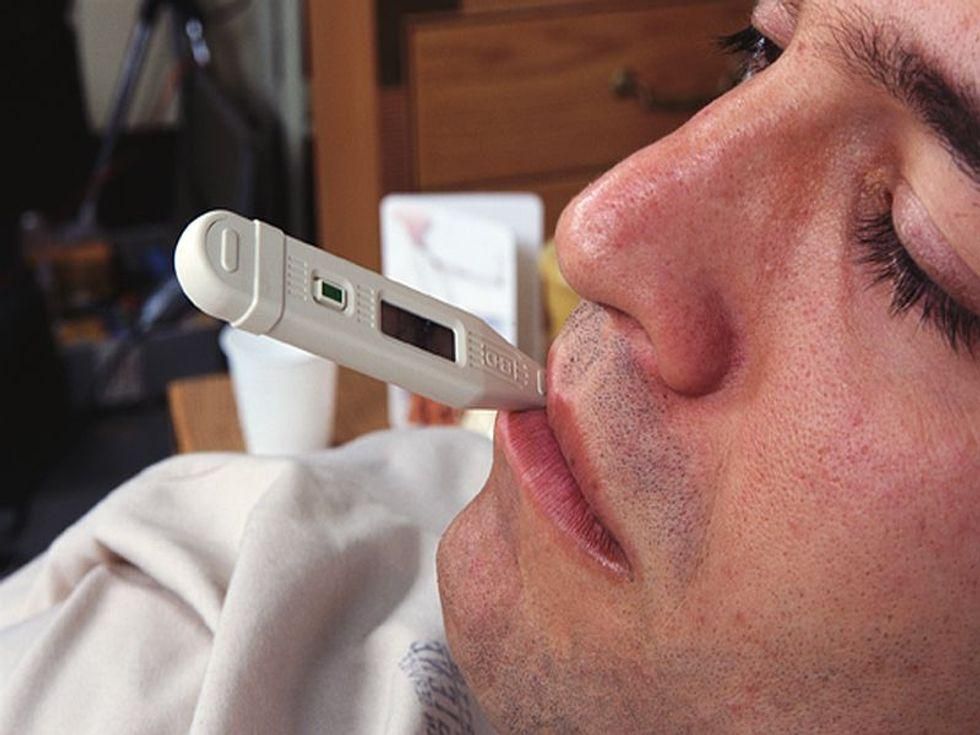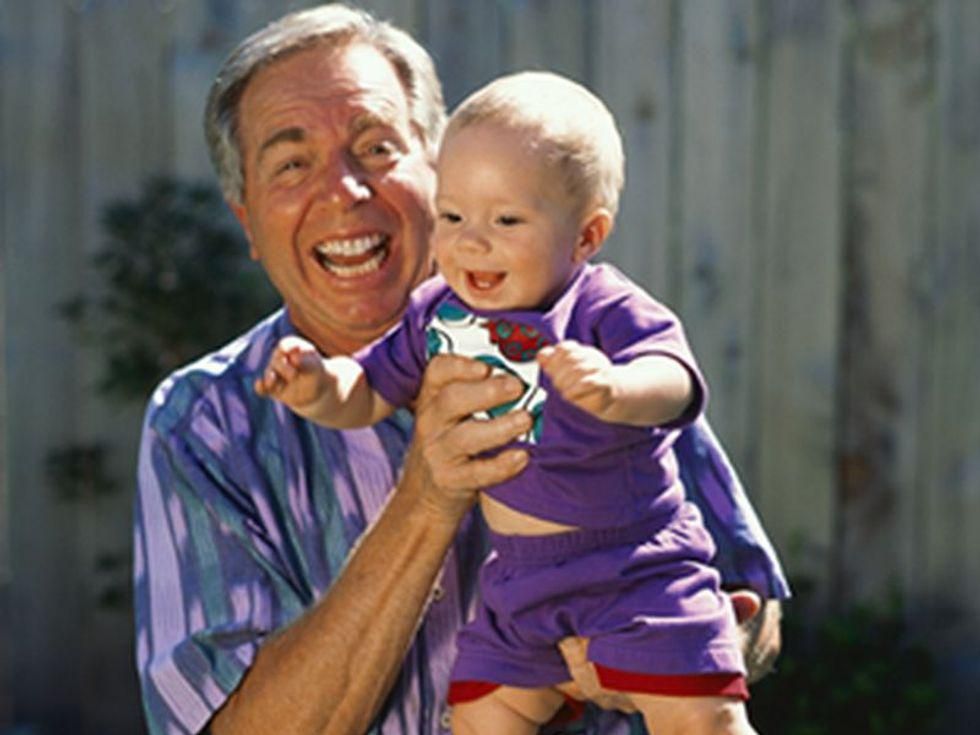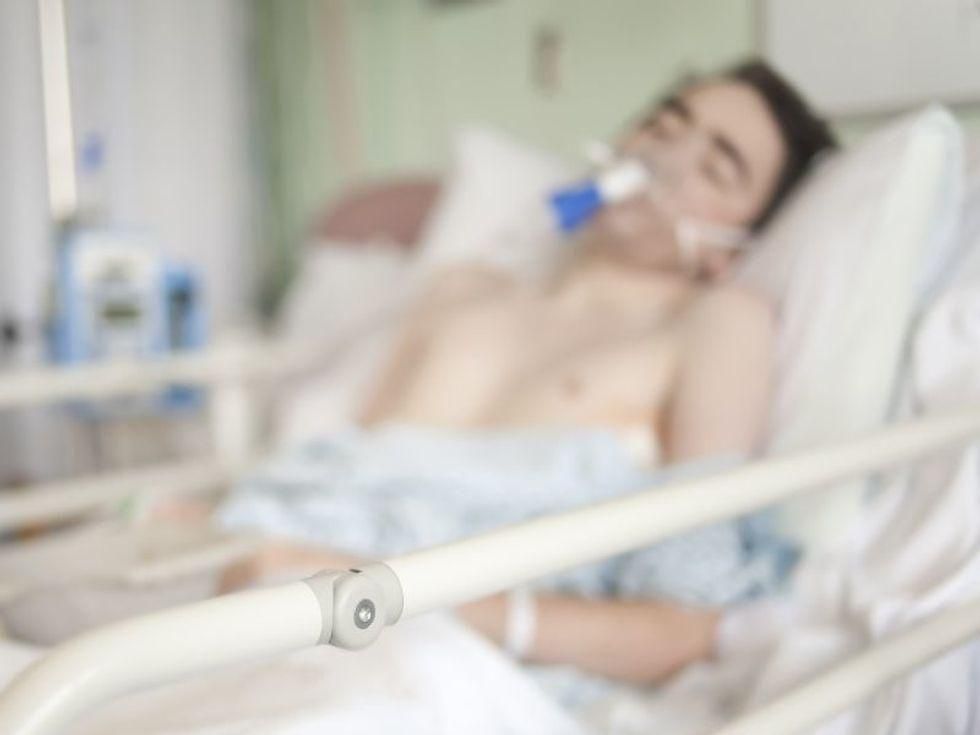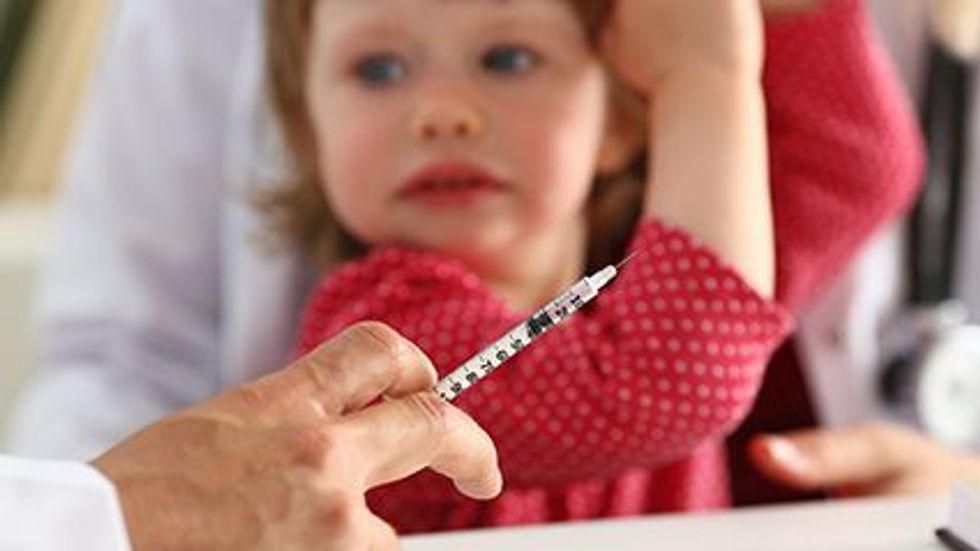
“Off-label” use of the Pfizer coronavirus vaccine in children younger than 12 is “not appropriate,” the U.S. Food and Drug Administration warned Monday. Off-label use refers to an approved medicine being used in ways or in patients it’s not FDA-approved for. The American Academy of Pediatrics (AAP) also “strongly discourages” such use. On Monday, the… read on > read on >














